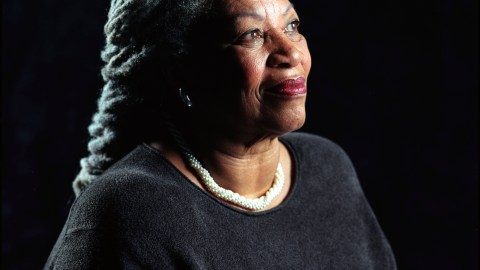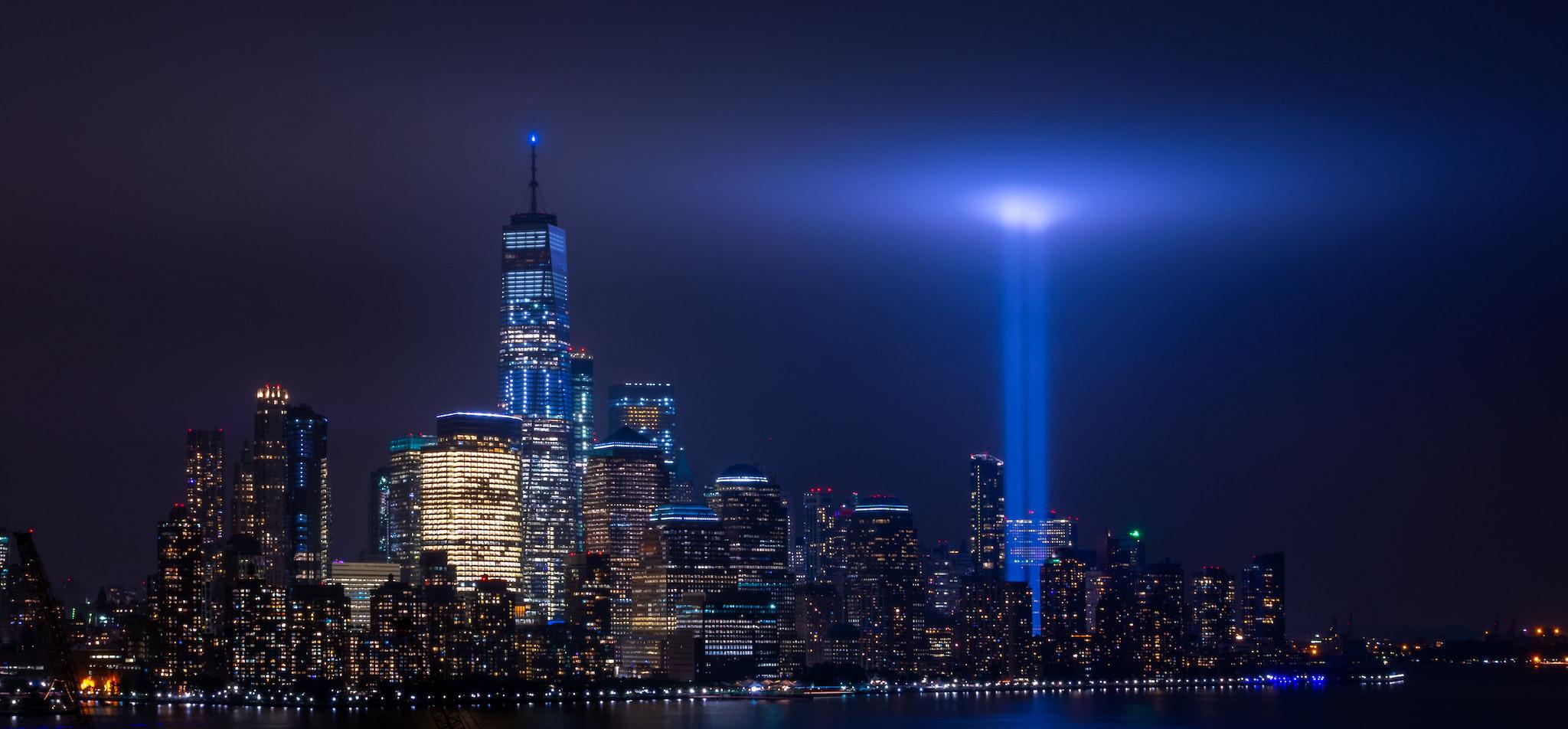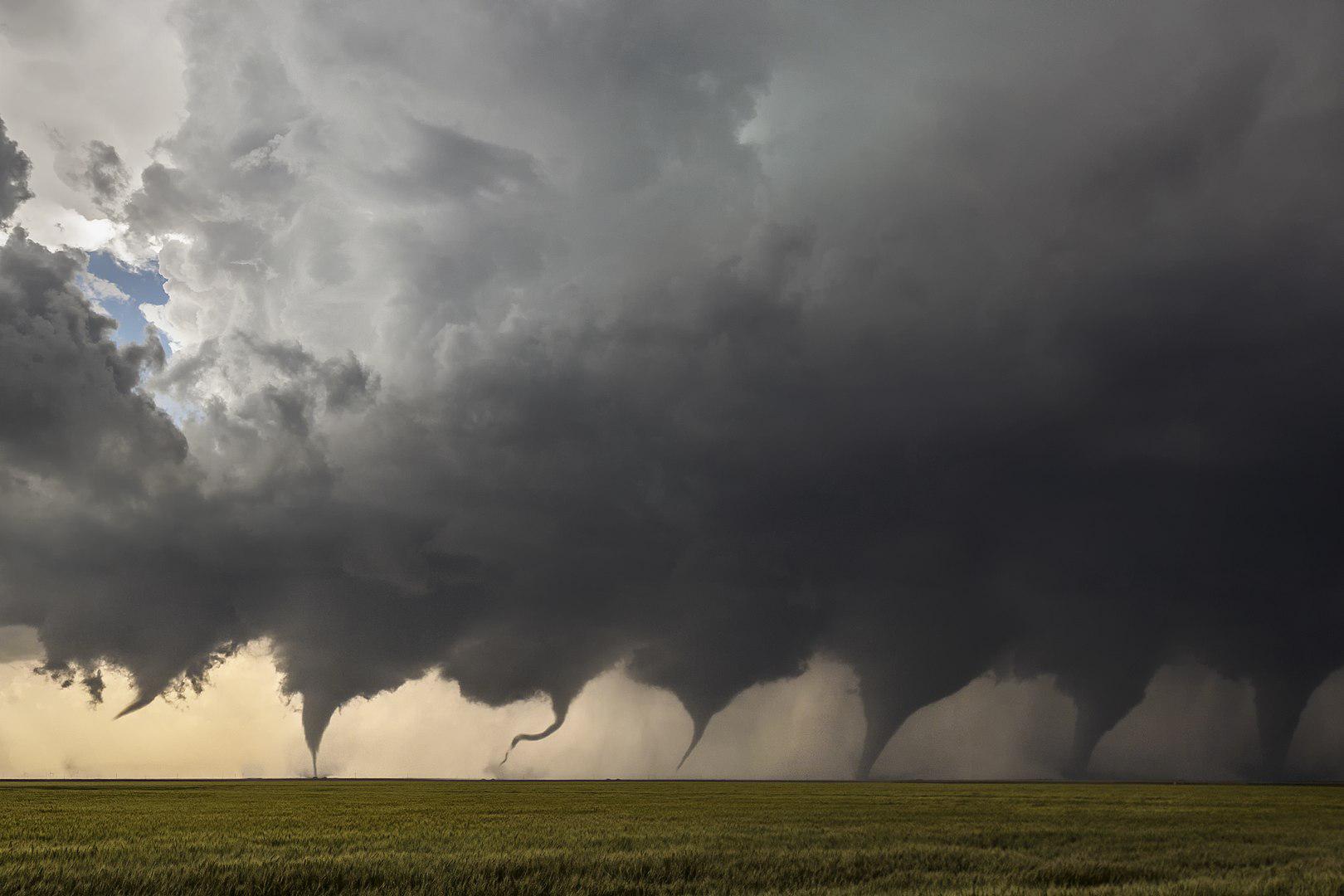Nobel and Pulitzer Prize-winning writer, Toni Morrison, dies at 88

Todd Plitt / Contributor
- Morrison was the first African American to win the Nobel Prize in Literature.
- Over her nearly five-decade career, Morrison wrote 11 novels, a libretto and collections of nonfiction, and also worked as an editor who wanted to participate in developing a “canon of black work.”
- Morrison’s family wrote that they were grateful she had a “long, well lived life.”
Toni Morrison — the acclaimed American writer whose fiction and nonfiction explored the African American experience — has died at age 88 from complications of pneumonia, her publisher announced in a statement.
Morrison once wrote, “Language alone protects us from the scariness of things with no names.” In her 11 novels, Morrison used unpretentious language and dreamlike story construction to give names to complex issues regarding black identity and class. Her stories often followed black female characters in small-town America, a non-stereotypical setting she once described as “neither plantation nor ghetto.”
In Black Women In America: A Historical Encyclopedia, Carolyn Denard described how Morrison’s work helped to restore ethos and mythos to African American culture:
“In [Morrison’s] works, she strips away the idols of whiteness and of Blackness that have prevented Blacks in the United States from knowing themselves and gives them their own true, mythical, remembered words to live by. She takes on the whole culture and seeks to restore the mythos and the ethos that will clarify the meaning of the journey of African-Americans in the United States. She is healer and prophet; she is nurturer and guide; and because she achieves these tasks with such grace, such love, and such confidence, courage, and skill, Morrison holds an indelible position of prominence in African-American history and in the history of great writers throughout the world.”
Over her nearly 50-year career, some of which was spent as an editor who championed black writers, Morrison won awards including the Pulitzer Prize, the Légion d’Honneur, and a Presidential Medal of Freedom. She was also the first African American to win the Nobel Prize in Literature.
Her family said in a statement:
“Although her passing represents a tremendous loss, we are grateful she had a long, well lived life. While we would like to thank everyone who knew and loved her, personally or through her work, for their support at this difficult time, we ask for privacy as we mourn this loss to our family.”
Here are a couple excerpts from Morrison’s work that highlight her writing style and focus on racial violence and class in the U.S.
”Beloved”
“Beloved” is a novel set a decade after the American Civil War. It follows Sethe, a mother and former slave whose character was inspired by the real-life slave Margaret Garner, who escaped slavery on a plantation in Kentucky and fled to Ohio with several other slave families. Each chapter describes “124” — which, on the surface, is a reference to the Ohio house where Sethe lives, but also represents her deceased third child, whom she herself killed during an escape attempt because her slave master had caught them.
“124 was spiteful. Full of a baby’s venom. The women in the house knew it and so did the children. For years each put up with the spite in his own way, but by 1873 Sethe and her daughter Denver were its only victims. The grandmother, Baby Suggs, was dead, and the sons, Howard and Buglar, had run away by the time they were thirteen years old — as soon as merely looking in a mirror shattered it (that was the signal for Buglar); as soon as two tiny hand prints appeared in the cake (that was it for Howard). Neither boy waited to see more; another kettleful of chickpeas smoking in a heap on the floor; soda crackers crumbled and strewn in a line next to the doorsill. Nor did they wait for one of the relief periods: the weeks, months even, when nothing was disturbed. No. Each one fled at once — the moment the house committed what was for him the one insult not to be born or witnessed a second time. Within two months, in the dead of winter, leaving their grandmother, Baby Suggs; Sethe, their mother; and their little sister, Denver, all by themselves in the gray and white house on Bluestone Road. It didn’t have a number then, because Cincinnati didn’t stretch that far. In fact, Ohio had been calling itself a state only seventy years when first one brother and then the next stuffed quilt packing into his hat, snatched up his shoes, and crept away from the lively spite the house felt for them.”
”Jazz”
Morrison published “Jazz” in 1992. Set mostly in the 1920s, this historical novel explores love and racial injustice in the lives of six characters in Harlem. It’s divided into vignettes that — in structure and theme — mimic the improvisatory style of jazz, and the novel is an “idiosyncratically constructed, homemade quilt of a book, mixing high and low styles, like a sweet potato pie topped with whipped cream and Grand Marnier,” The Washington Post wrote at the time.
“How soon country people forget. When they fall in love with a city it is forever, and it is like forever. As though there never was a time when they didn’t love it. The minute they arrive at the train station or get off the ferry and glimpse the wide streets and the wasteful lamps lighting them, they know they are born for it. There, in a city, they are not so much new as themselves: their stronger, riskier selves. And in the beginning when they first arrive, and twenty years later when they and the City have grown up, they love that part of themselves so much they forget what loving other people was like — if they ever knew, that is. I don’t mean they hate them, no, just that what they start to love is the way a person is in the City; the way a schoolgirl never pauses at a stoplight but looks up and down the street before stepping off the curb; how men accommodate themselves to tall buildings and wee porches, what a woman looks like moving in a crowd, or how shocking her profile is against the backdrop of the East River. The restfulness in kitchen chores when she knows the lamp oil or the staple is just around the corner and not seven miles away; the amazement of throwing open the window and being hypnotized for hours by people on the street below.”





